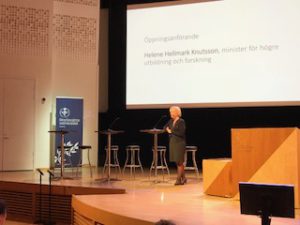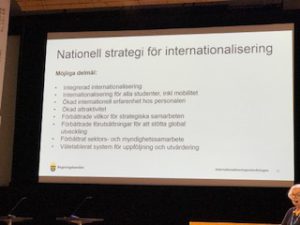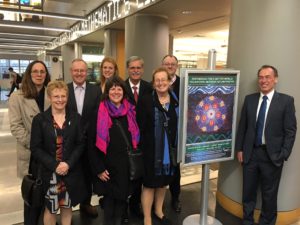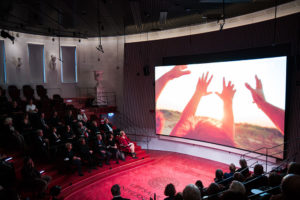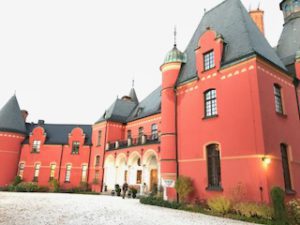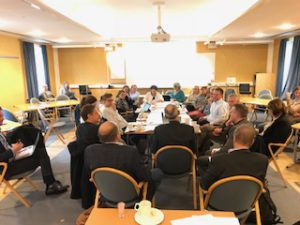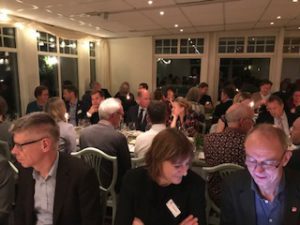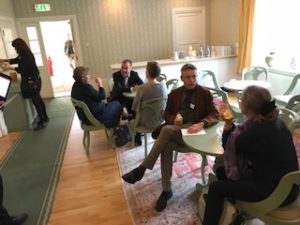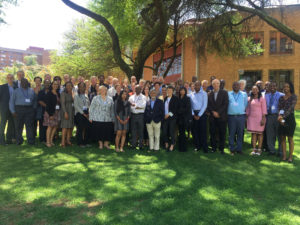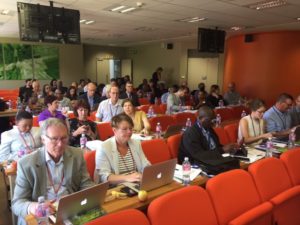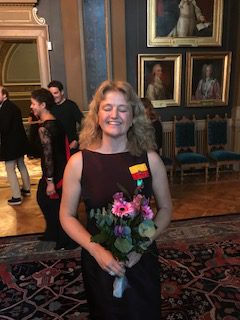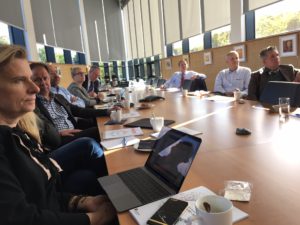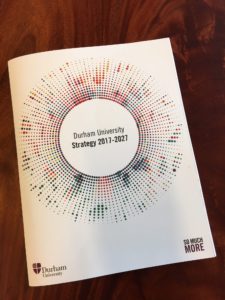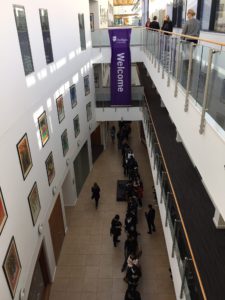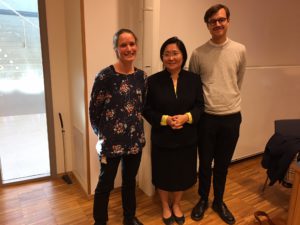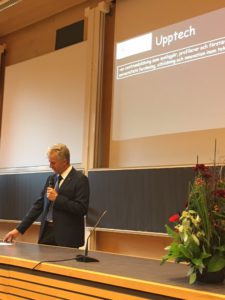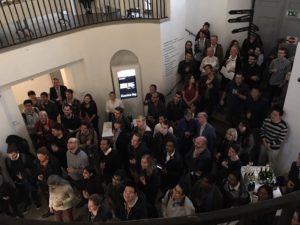On Tuesday and Wednesday last week, the Association of Swedish Higher Education held its annual conference and assembly at Stockholm University. Anders Malmberg and Katarina Bjelke represented Uppsala. Erika Dabhilkar and Kay Svensson (who co-authored this blog post) also took part in the conference.
This year’s conference discussed the current inquiry on internationalisation from various perspectives. Stockholm University’s Vice-Chancellor Astrid Söderbergh Widding reminded the listeners in her introductory address that the universities stem from an international project that dates back to the Middle Ages. Alongside the Church, the academies are the oldest institutions that are still active in Sweden. In the Middles Ages, internationalisation was driven by needs. Now times have changed and a national strategy for internationalisation must primarily serve to support our own strategies at institutional level. It is also important that a national strategy speaks more about the spirit than the details.
The Minister for Higher Education and Research continued with reflections on different levels of ambition in international respects. She mentioned her recent visit to Singapore, where she learned that 100% of the students in the teacher education programme are expected to have read some part of their programme abroad. She also emphasised that a clear goal runs through the government’s education and research policy objectives: high quality higher education and research throughout the country and throughout life.
Agneta Bladh, chair of the inquiry on internationalisation, talked about the concept of integrated internationalisation and hinted that possible new legislation could state that the international activities of higher education institutions, taken as a whole, must contribute to the enhanced quality of education and research and to sustainable national and global development.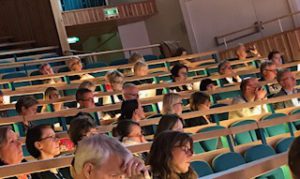
During the afternoon panel debate, Jonas Hafström, former Swedish ambassador in Washington DC and now chair of Lund University’s board, pointed out that by far the greatest part of research and development in the world takes place outside Sweden. International cooperation is essential if we are to maintain an innovative, high-tech society that offers its citizens good opportunities in life. Internationalisation concerns all of society, not just the universities. State Secretary Karin Röding stressed that we must stand up for our values, such as human rights. Having said that, we must not hesitate to cooperate with countries where these rights are contested. It is through cooperation and contacts that we can influence their development and support the fundamental academic values that we ourselves, as higher education institutions, must defend and nurture.

